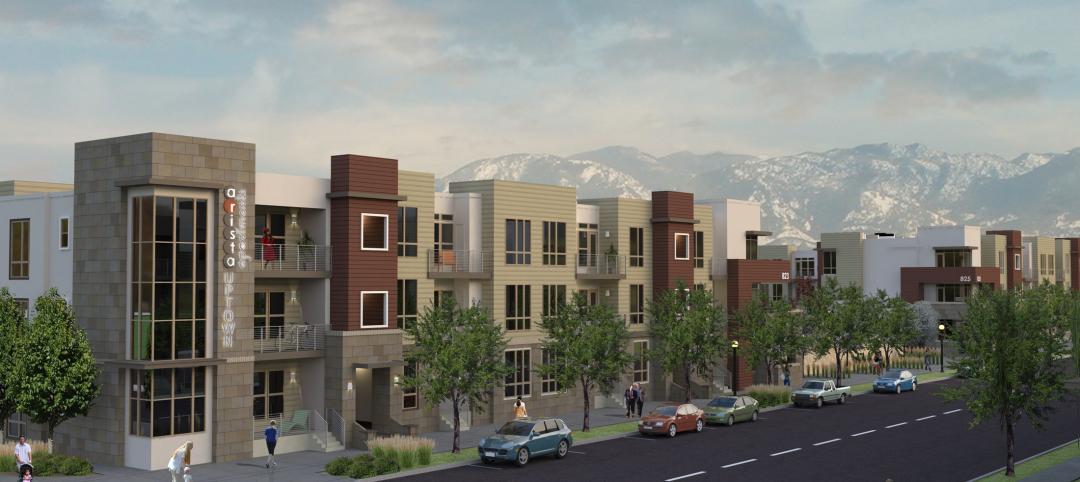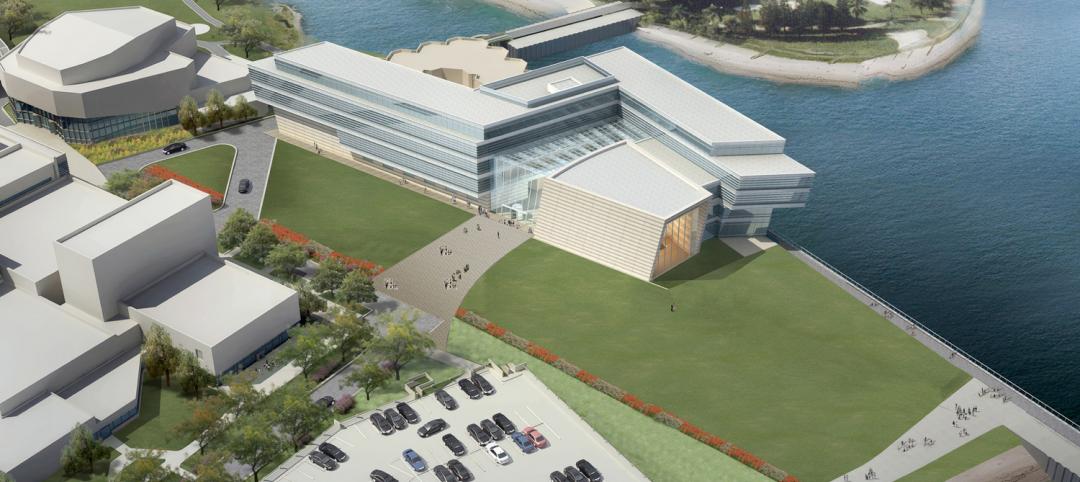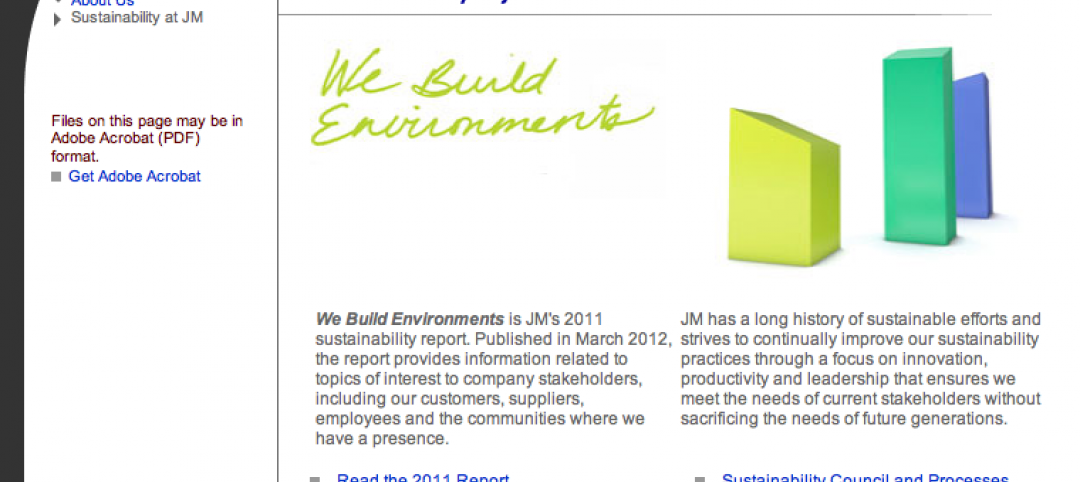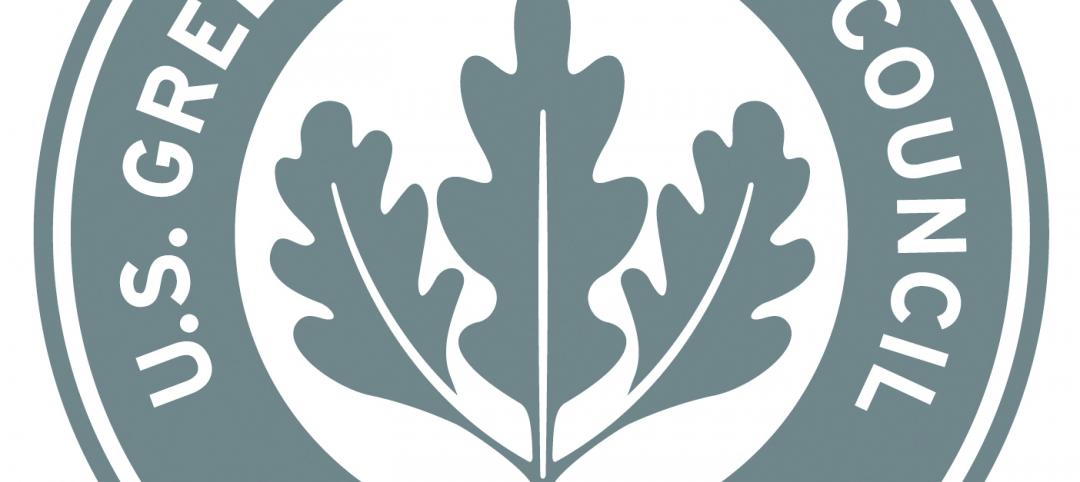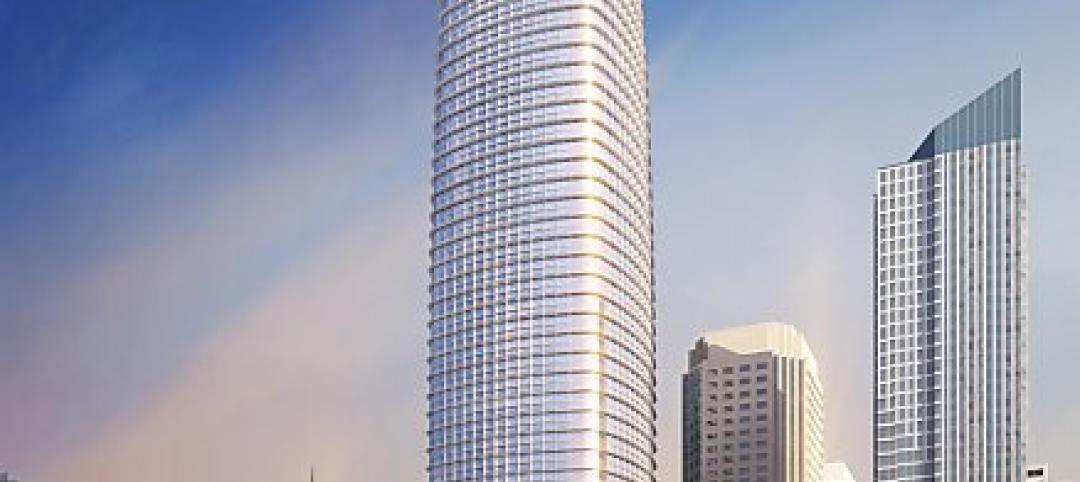Boulder, CO –Because the existing building stock dwarfs the amount of building space that is added on an annual basis, retrofits are a critical pathway to greening the world’s commercial buildings. Regulations and policy measures, technological advances, and cost reductions are all driving increased investment in energy efficiency retrofits. According to a recent report from Navigant Research, cumulative investment in commercial building energy efficiency retrofits will total $959 billion from 2014 through 2023.
“Led by the Asia Pacific region, the global market for energy efficiency commercial building retrofits is expected to grow at more than 7 percent a year through 2023,” says Eric Bloom, principal research analyst with Navigant Research. “While government mandates play an important part in driving this growth, many retrofit projects are being undertaken on a voluntary basis, as corporate sustainability initiatives spread.”
The payback periods for energy efficiency retrofit projects are slowly decreasing, according to the report, but they remain a critical factor for most building owners and managers. Tolerance for longer payback periods varies both by region and by building owner category. Only 15 percent of all energy efficiency retrofits are initiated with increased energy efficiency as the primary motivator, the report concludes.
The report, “Energy Efficiency Retrofits for Commercial and Public Buildings”, examines the global market opportunity for energy efficiency retrofits in eight different commercial and public building types. It analyzes the key market and technology issues related to energy efficiency retrofits, with a focus on the following product and service types: HVAC, lighting, controls, water efficiency, water heating, building envelope, power generation, commissioning, installation, and energy service companies (ESCOs). Global market forecasts for revenue, segmented by region, product and service type, and building type, extend through 2023. The report also assesses the demand drivers, business models, and standardization and regulatory factors related to energy efficiency commercial and public building retrofits and profiles the key industry players in this market. An Executive Summary of the report is available for free download on the Navigant Research website.
About Navigant Research
Navigant Research, the dedicated research arm of Navigant, provides market research and benchmarking services for rapidly changing and often highly regulated industries. In the energy sector, Navigant Research focuses on in-depth analysis and reporting about global clean technology markets. The team’s research methodology combines supply-side industry analysis, end-user primary research and demand assessment, and deep examination of technology trends to provide a comprehensive view of the Smart Energy, Smart Utilities, Smart Transportation, and Smart Buildings sectors. Additional information about Navigant Research can be found at www.navigantresearch.com.
About Navigant
Navigant is a specialized, global expert services firm dedicated to assisting clients in creating and protecting value in the face of critical business risks and opportunities. Through senior level engagement with clients, Navigant professionals combine technical expertise in Disputes and Investigations, Economics, Financial Advisory and Management Consulting, with business pragmatism in the highly regulated Construction, Energy, Financial Services and Healthcare industries to support clients in addressing their most critical business needs. More information about Navigant can be found at www.navigant.com.
* The information contained in this press release concerning the report, “Energy Efficiency Retrofits for Commercial and Public Buildings,”is a summary and reflects Navigant Research’s current expectations based on market data and trend analysis. Market predictions and expectations are inherently uncertain and actual results may differ materially from those contained in this press release or the report. Please refer to the full report for a complete understanding of the assumptions underlying the report’s conclusions and the methodologies used to create the report. Neither Navigant Research nor Navigant undertakes any obligation to update any of the information contained in this press release or the report.
Related Stories
| Apr 19, 2012
KTGY Group’s Arista Uptown Apartments in Broomfield, Colo. completed
First of eight buildings highlights unique amenities.
| Apr 17, 2012
Miramar College police substation in San Diego receives LEED Platinum
The police substation is the first higher education facility in San Diego County to achieve LEED Platinum Certification, the highest rating possible.
| Apr 13, 2012
Goettsch Partners designs new music building for Northwestern
The showcase facility is the recital hall, an intimate, two-level space with undulating walls of wood that provide optimal acoustics and lead to the stage, as well as a 50-foot-high wall of cable-supported, double-skin glass
| Apr 6, 2012
Flat tower green building concept the un-skycraper
A team of French designers unveil the “Flat Tower” design, a second place winner in the 2011 eVolo skyscraper competition.
| Apr 3, 2012
Johns Manville publishes 2011 Sustainability Report
Report covers JM’s long-time sustainability focus and progress towards goals.
| Apr 2, 2012
Gilbane honored for sustainability efforts in Indianapolis
Emmitt J. Bean Federal Center project team for their role in advancing sustainability in the city.
| Mar 28, 2012
Milestone reached for LEED-certified buildings?
Total number of major global green buildings now stands at 12,000.
| Mar 16, 2012
Stego embarks on HPD Pilot Program
Vapor barrier manufacturer strives to provide better green choices to designers and builders.
| Mar 14, 2012
Plans for San Francisco's tallest building revamped
The glassy white high-rise would be 60 stories and 1,070 feet tall with an entrance at First and Mission streets.
| Mar 12, 2012
Improving the performance of existing commercial buildings: the chemistry of sustainable construction
Retrofitting our existing commercial buildings is one of the key steps to overcoming the economic and environmental challenges we face.



